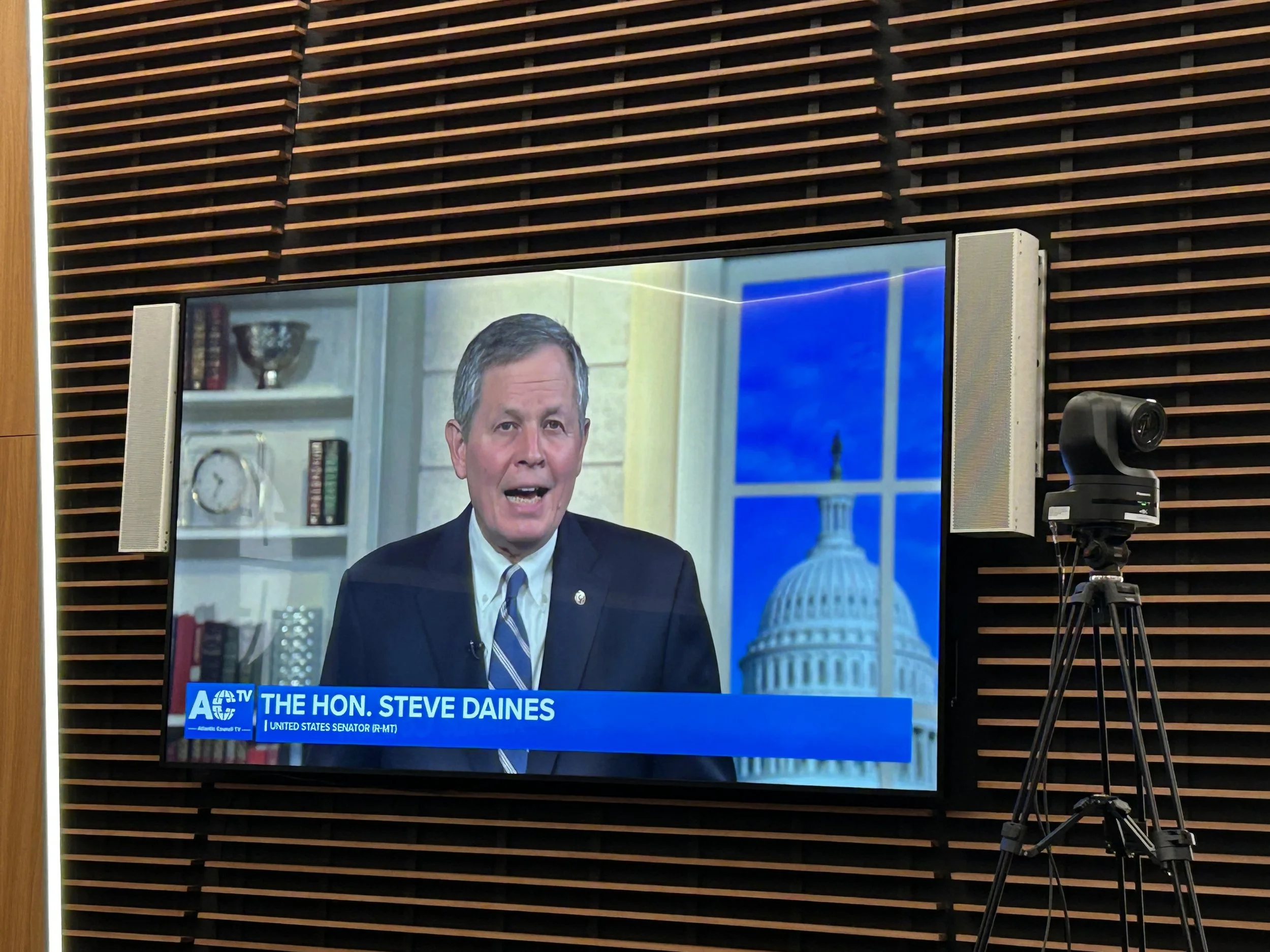US-Central Asia Forum Highlights Strategic Opportunities in Energy, Critical Minerals, and Regional Cooperation - Atlantic Council
On Wednesday, June 4, the Atlantic Council’s Eurasia Center convened the US-Central Asia Forum, co-sponsored by Foley Hoag LLP and Miras Zhiyenbayev. The event brought together policymakers, diplomats, and experts to explore US engagement with Central Asia, particularly in the areas of critical minerals, energy strategy, and regional stability.
To open the forum, US Senator Steve Daines (R-MT) shared recorded remarks emphasizing the strategic importance of Central Asia, calling it “a region of untapped potential” with the capacity to demonstrate the value of increased US engagement and investment.
The first panel focused on critical minerals and rare earths, a timely topic given the increased attention from the Trump administration. Geoffrey Pyatt, former assistant secretary of state for energy resources and now a distinguished fellow at the Atlantic Council’s Global Energy Center, stressed that while oil and gas have historically shaped US relations with the region—particularly with Kazakhstan—critical minerals could become a similarly vital axis of cooperation. He highlighted continued bipartisan support in Washington for diversifying critical-mineral supply chains.
The Center for Global Civic and Political Strategies played a key role in the discussions, raising pivotal questions about developments on the Caspian Sea Shelf, OPEC+ compliance, and the implications of international sanctions.
Kazakhstan’s ambassador to the United States, Yerzhan Ashikbayev, reinforced this message, noting Kazakhstan’s wealth of mineral resources and its strong investment environment, including developed infrastructure, low operational costs, and a stable partnership framework.
From Uzbekistan, Alisher Akhmedov, deputy chief of mission in Washington, described the development of critical minerals as the “main pillar” of the US-Uzbekistan relationship. He emphasized the potential for mutual benefit, citing opportunities in economic modernization, regional connectivity, and supply chain resilience.
A second panel examined US foreign policy in Central Asia amid a regional shift toward more assertive and diversified foreign relations. James Carafano of the Heritage Foundation argued that the current US administration’s pragmatic, results-driven approach aligns well with emerging opportunities in mining, energy, and broader regional engagement.
Panelists agreed that US involvement should extend beyond energy and minerals. They highlighted the need for cooperation on counterterrorism, border security, and efforts to counter malign influence from China, all areas where US and Central Asian interests are aligned.
Miras Zhiyenbayev, advisor on international affairs at Maqsut Narikbayev University, offered a regional perspective. He underscored that “the world is open for Central Asia and Central Asia is open for the world,” pointing to a rising generation seeking global engagement and partnerships. He encouraged more robust US presence through high-level visits and sustained political dialogue.
Throughout the event, participants echoed the urgency for a more dynamic US strategy in Central Asia. Moderator Andrew D’Anieri, associate director of the Eurasia Center, distilled key takeaways: expand US visibility in the region, make critical raw material projects viable, reconsider outdated policies like the Jackson-Vanik amendment, and leverage the administration’s transactional approach to deliver tangible results.
As the US continues to manage crises elsewhere, Central Asia offers a strategic opportunity—with cooperative partners, valuable resources, and potential for mutual gains. The forum made clear that deepening ties in the region is not just desirable, but essential for advancing long-term US interests.
Reference:
https://www.atlanticcouncil.org/event/us-central-asia-forum/



